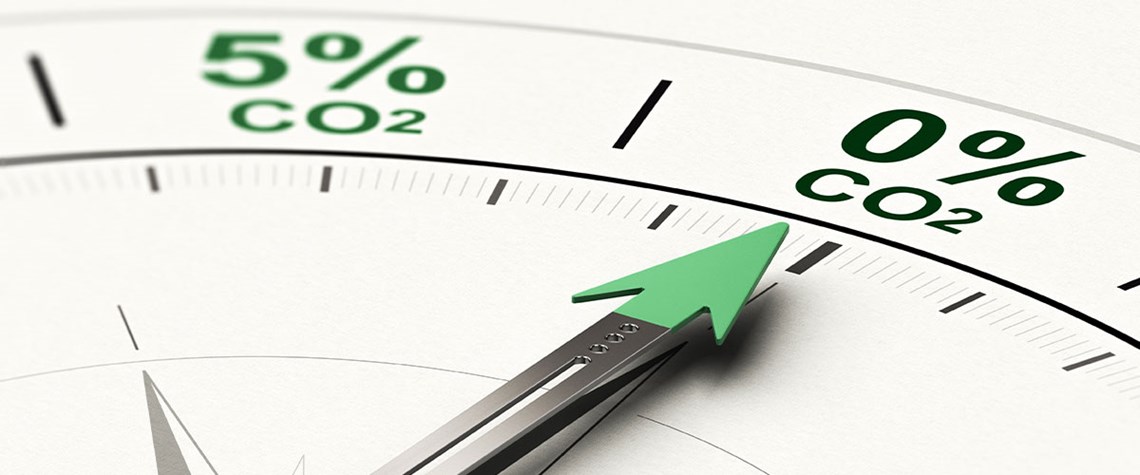Independent producers’ scope three dilemma
Is it enough for pureplay upstream firms to concentrate solely on emissions within their control?
More than 80pc of a barrel of oil’s carbon footprint is scope three emissions. But an independent producer, having sold its share of output from a field, no longer has a say on where that oil goes, into what it is refined and, ultimately, how it is combusted and releases most of its CO₂. There are, in fact, few—if any—barrels these days that remain in a single pair of hands from production, through transportation (including potential shipborne resales), refining and distribution, to retail, begging the question what roles traders, refiners and distributors might have to assume in a future where a matrix for sharing responsibility for scope three emissions must surely emerge. But, at least un

Also in this section
9 January 2026
A shift in perspective is needed on the carbon challenge, the success of which will determine the speed and extent of emissions cuts and how industries adapt to the new environment
2 January 2026
This year may be a defining one for carbon capture, utilisation and storage in the US, despite the institutional uncertainty
23 December 2025
Legislative reform in Germany sets the stage for commercial carbon capture and transport at a national level, while the UK has already seen financial close on major CCS clusters
15 December 2025
Net zero is not the problem for the UK’s power system. The real issue is with an outdated market design in desperate need of modernisation







